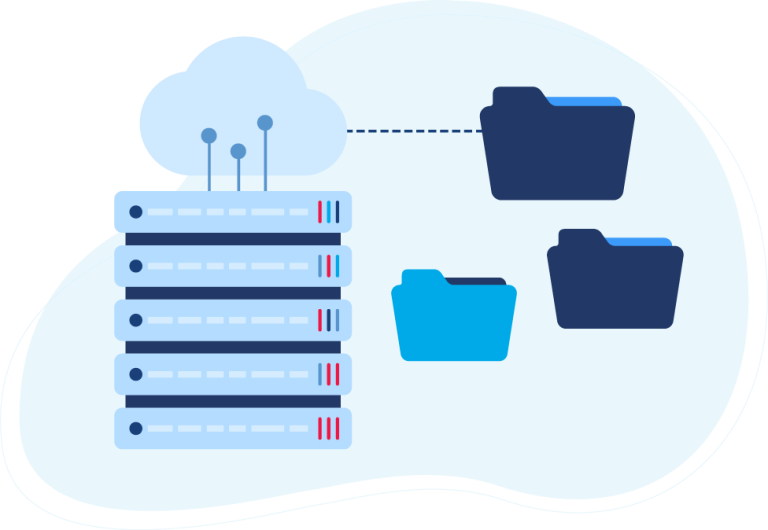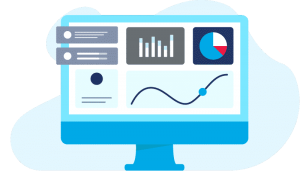Shopify Plus PIM Integration: Automating PIM Data Flows
For Merchants on Shopify Plus, improving the consistency of your product catalogue on Shopify and PIM data flow is possible through agile and scalable Shopify PIM Integration. Let’s dive into what PIM stands for in ecommerce and the benefits of integrating your PIM system with your Shopify Plus store.
What is PIM?
PIM (Product information management) systems are software that manages product information across an entire business. In short, PIM provides a single platform to collect and enrich your product information, create product catalogues and share data across channels.
PIM software is an emerging technology category in the world of B2B and B2C ecommerce and multi-channel commerce. With multi-tenant SaaS-based PIM becoming part of more ecommerce projects, the application’s benefits leave little room for wonder on why the sudden adoption.
The Role of PIM in Ecommerce
Put simply, PIM software is the secret to easily organize your products on your Shopify and Shopify Plus store. PIM in ecommerce is especially relevant to etailers selling through multiple channels as they manage product information data in a centralized location.
PIMs are especially useful for etailers with:
- Multiple channels
- Many SKUs, Products, or Varients
- Detailed Product data, including text descriptions, images, and video
- A requirement to send specific Product data to specific channels
- Product data that is updated regularly to frequently
- Operate in multiple regions and/or languages and/or currencies
Why Shopify Plus and PIM Make A Powerful Duo
Shopify Plus, an enterprise-level evolution of the well-known core Shopify platform, gives merchants a multi-channel platform with unmatched scalability. As both a Channel and a portal into further channels, an intersection between Shopify and the PIM category is a practical one. Shopify Plus merchants are adding more dimensions to their Product Data while simultaneously adding new sales channels into the mix.
PIMs have broad use in the rapidly-growing multichannel market, despite the compounding nature the pandemic had on ecommerce in general. While technology spends initially scaled back in early 2020, with the exception of emergency ecommerce implementations, etailers are now finding the time to reflect on their ecommerce spends. This includes their team and technology, and reinvest where necessary.
The Future of Product Information Management Systems
PIM applications may still be for the one-percenters of top eCommerce companies due to the average investment required. However, the technology is still new and geared to the enterprise market. Further, the gains are tangible and the market is taking notice of the benefits of PIM. With effectively centralized product information fully integrated into your ERP and other technology, brands are able to deliver on a higher level of customer satisfaction turning into success in sales.
In VL OMNI’s opinion, an integrated PIM is the only option. With a partner like VL OMNI and the power of our Platform, PIM projects can meet exact business rules on PIM data treatment. Beyond just Schedule, our Integrations are able to configure the treatment of the Product data as it’s sent between your PIM and other applications. This means less work-arounds, less time wasted, and ultimately a more effective and efficient multichannel B2B or B2C business.
VL OMNI’s PIM Integration Connector Capabilities
Like all VL OMNI Connectors, our PIM Connectors are configurable to your unique business rules, including moving data in real-time or in batches. All integrations are elastic, meaning as you grow, your integration will grow with you. No more dropped data during periods of high volume.
All VL OMNI Connectors can be configured to be point-to-point or point-to-multipoint (where data can be sent from a single source or application to many). This effectively gives your brand and your PIM infinite extensibility into any application or channel with a sufficient API.
Automating and Integrating PIM Data Flows
VL OMNI’s PIM Integration completes the following workflows:
- Product import to Shopify Plus
- Category import to Shopify Plus
- Product images to Shopify Plus
- Multi-store support
- Includes use of the VL OMNI Customer Dashboard
Contact VL OMNI on PIM Integration | See More Shopify Plus Content
 D365 Business Central
D365 Business Central Netsuite
Netsuite




